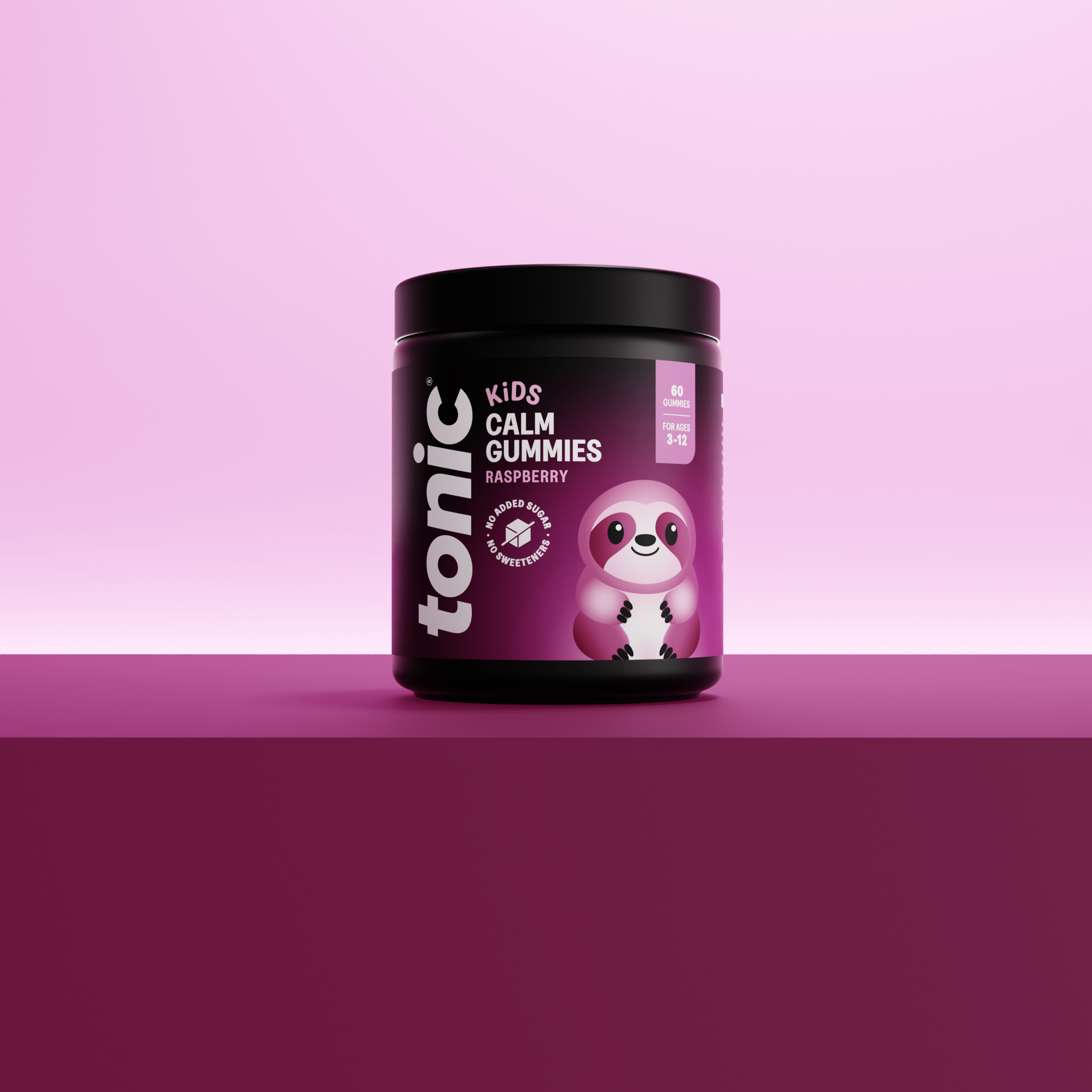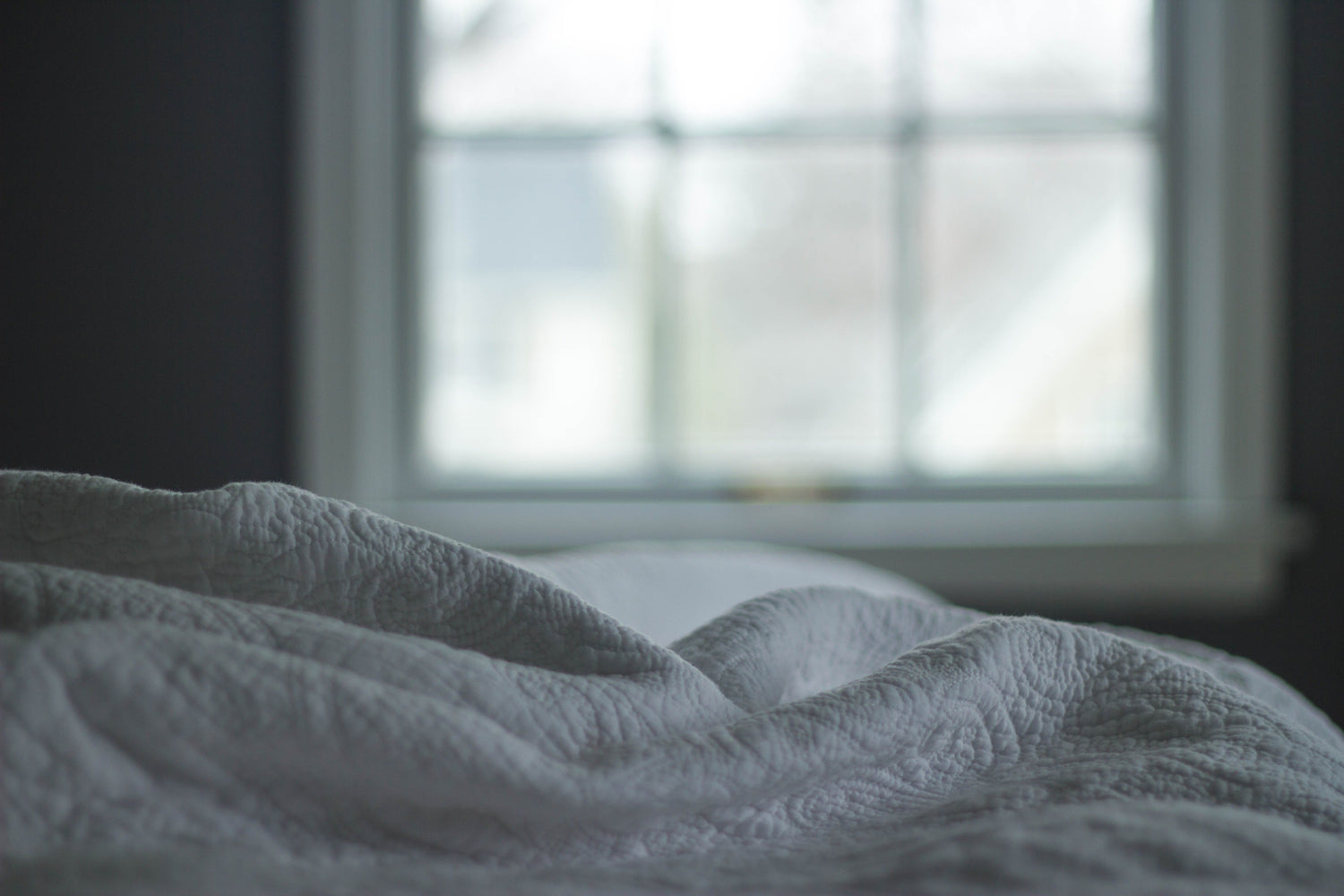Sleep has an incredibly profound impact on both our physical and mental health, with the quality of our sleep as important as the quantity of sleep that we get. Numerous studies have demonstrated the impact of being sleep deprived and how it negatively affects how our brain functions, its association with increasing sensitivity to pain, hunger and possibility obesity, and cardiovascular disease. The latest research shows that sleep deprivation has a huge impact on our immune health and can increase our susceptibility to infection.
Modern life with late night screen time from smartphones and televisions emits light which impacts sleep related hormones in our bodies. When it is dark, the circadian rhythms in our body tell us it is time to sleep and releases the hormone melatonin which helps us to sleep. But artificial blue light from screens suppresses the effect of melatonin and decreases sleep. Melatonin is an immune system facilitating hormone which has powerful antioxidant and anti-cancer properties, which stimulate the immune system to be activated. If melatonin function is impaired, sleep is disrupted and this dysregulates the initiation of the adaptive immune response, the two stress systems (hypothalamus–pituitary–adrenal (HPA) axis and the sympathetic nervous system) and disrupts hormone release, and effects our memory and central nervous system.
Sleep and the circadian rhythm system have a strong influence on our immune system and regulation of its functions. When we sleep, our bodies produce cytokines, which are signalling molecules that mediate and regulate our immune systems to act against infection and inflammation. Sleep deprivation decreases the amounts of cytokines produced and released, and reduces the effectiveness of the immune response. During the early part of the sleep cycle, when melatonin and other hormones linked to cell growth and differentiation increase, our body releases signalling molecules that support immune cell activation, proliferation, differentiation and the production of pro-inflammatory cytokines. Upon awakening, there is an increase in stress hormones such as cortisol and catecholamines, which are strongly anti-inflammatory and suppress these immune functions.
Therefore, if we are sleeping less, our stress hormone levels are increased which impairs our immune function and our overall health. If we look at protecting our sleeping environment by switching off devices at least 90 minutes before we go to bed and ensure that our bedroom environment is optimised for sleep, our sleep quality and quantity should be improved which can enhance our immune system. At Tonic Health, we recommend that you make sure you get at least 7 hours of sleep each night to avoid weakening your immune response to the ubiquitous cold and flu viruses which circulate in winter.
Written by Toral Shah. Toral Shah a Nutritional Scientist (MSc Nutr Med). She specialises in optimising health and disease prevention through improving food, diet and lifestyle. She uses evidence-based science knowledge along with lifestyle medicine and cooking skills to help support others to lead a healthier life by eating delicious and nutritious food.







Leave a comment
All comments are moderated before being published.
This site is protected by hCaptcha and the hCaptcha Privacy Policy and Terms of Service apply.